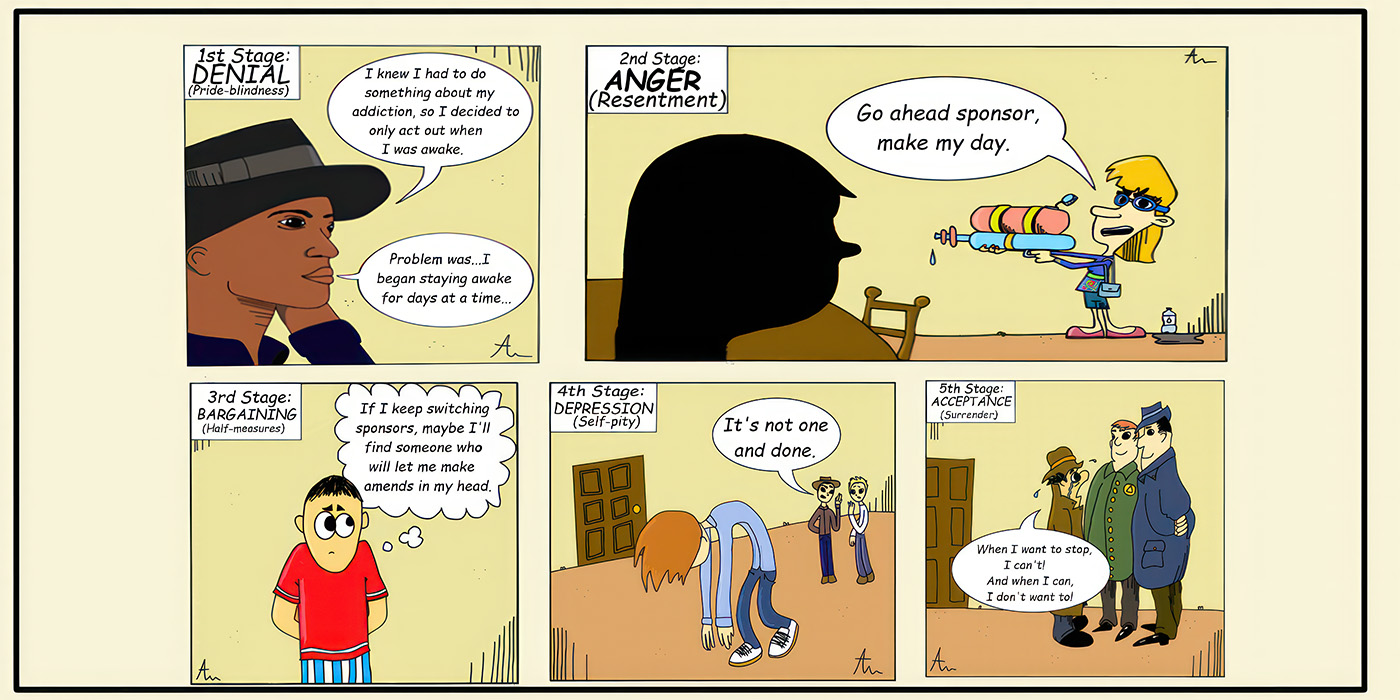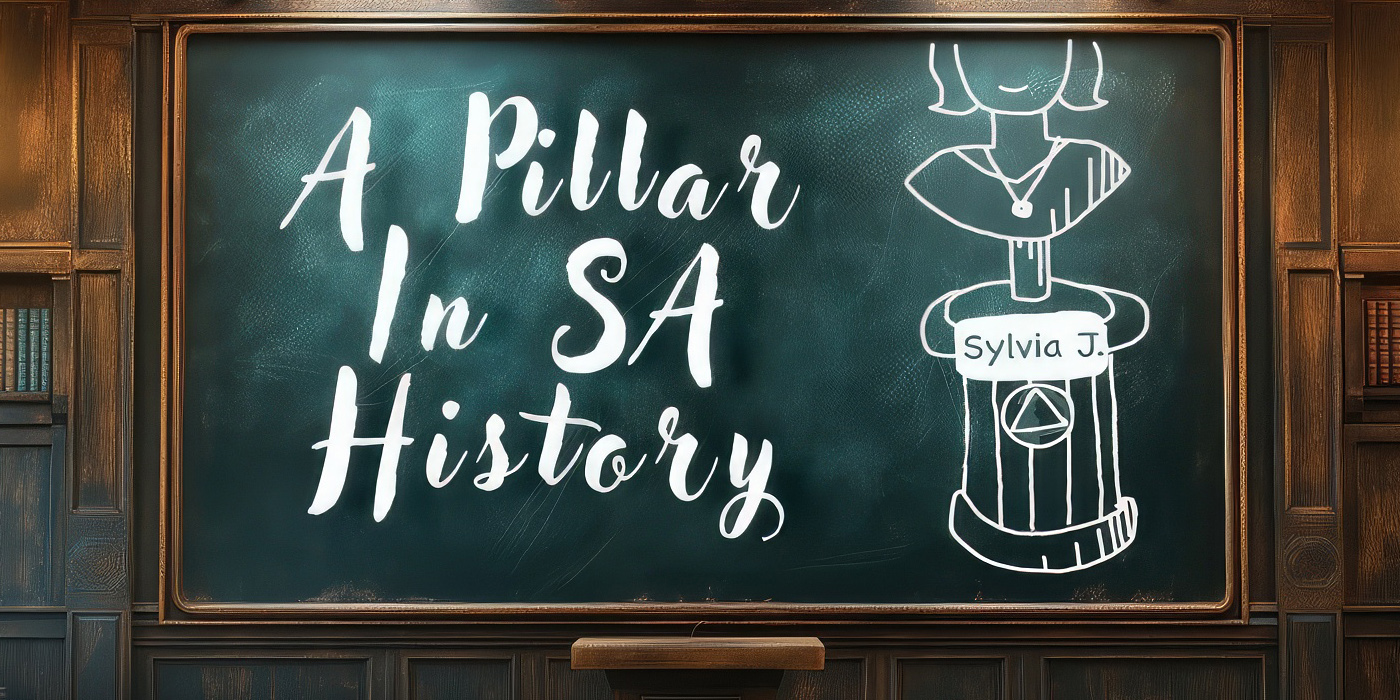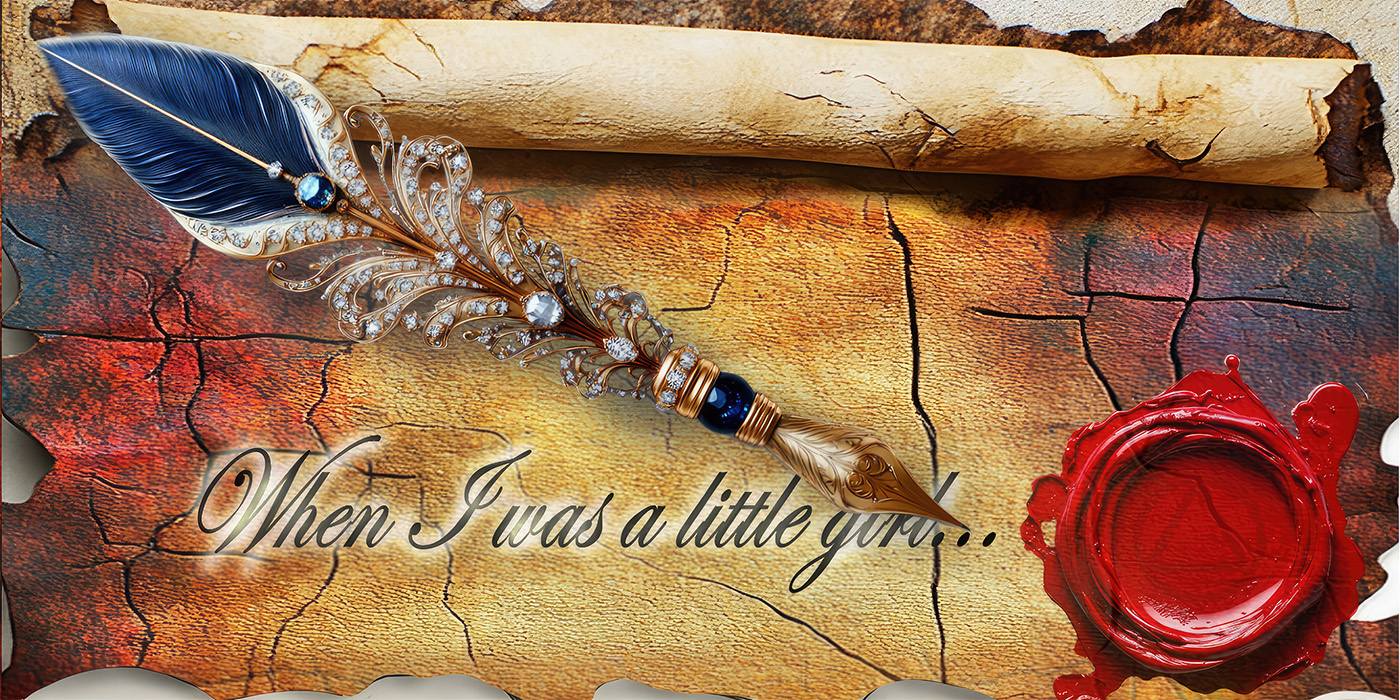
On March 21, 2011, just 48 hours before I came into this fellowship, I was sober two weeks. On that particular day I was feeling supremely confident that I would never give in to my addiction again. Only problem was, I had had that supreme confidence a thousand times before over almost half a century.
Something then happened that I will never forget. I heard a voice, as clear as day, say to me: “You know you will fail again.” Doubtless that message had been sent to me countless times but I had been too stupid or too arrogant to listen. This time, I got on the net, found SA, went to a meeting the following night and I have remained in recovery ever since.
There are many reasons why I have stayed sober but what I want to share is the head-start I had when I attended that first meeting. For most of my life I was: resentful, envious, judgemental, arrogant, needy, anxious, afraid, dissatisfied. And I had many other flaws as well. I was an unhappy child, teenager, young man, middle-aged man and – well, that’ll do. I disliked myself and I longed to change. I knew I was very flawed but in spite of counselors and psychologists and various courses, both spiritual and secular, and countless books, I only ever made temporary improvements.
So, how did I cope? It was simple. I either resorted to my addiction (which had begun before I was 10 years old) or I blamed others—most especially and most sadly, my wife. In truth I resorted to both.
OK, fast-forward to 2008. My wife had had enough and, for the third time, she left me. This time, she said, there would be no coming back. We are not divorced, and I continue to pray that we will be reconciled.
My wife’s courage in telling me to go became an extraordinary motivator. I became totally committed to changing the way I thought and the way I behaved. I wrote down each of my character defects and I resolved to change the way I thought and the way I responded to my emotions.
I was lucky because I truly wanted to change, and I would say to any addict that that is the key. I needed to WANT to change my behavior and my thinking just as much as I wanted to stop acting out.
It is my experience that I won’t stay sober unless I rid myself, as far as humanly possible, of my ego—very, very important to let go of my ego—and of the defects I have been forever running from.
So how did I go about it? I began by having a conversation with some of my emotions. Sounds crazy, I know, because I was in effect, talking to myself but it was surprising how quickly the second voice took on a life of its own (the inner Bill? the fair-dinkum Bill? the wake-up-to-yourself Bill?).
I was trying to understand, was there anything positive to each of my character defects, if not, why did they plague me, making my life—but especially my wife’s life—such a misery?
Here are a few examples of the responses I received:
ENVY: Rather than allow it to poison me, allow it to motivate me. So, if I envy another person who is more educated than I am, put my head down, study and improve myself. If I envy them because they have a better house/car/whatever, work harder, don’t spend foolishly, practice patience. Above all, focus on what I can do to improve MYSELF, not someone else.
RESENTMENT: What possible good can resentment be in my life, I asked. The response astounded me. Suppose I was walking along the street and on the other side I saw someone being bullied. I can ignore it (and be disgusted with myself); I can be disgusted with the bully, and hope that someone else will intervene. Or, please God, I can allow the resentment that I feel towards the bully to motivate me towards courage and intervention myself. What is critical if I feel resentment is how I respond.
ROMANCE: Most of my life I have been addicted to romance. What is the good of you, I asked Romance. Why have you addled my brain? But Romance had an answer. “You have wrung the life out of me, Bill. I am necessary to light the fire, and bring two people together, and help each to woo the other, and nourish the early period of a marriage. But a mature adult understands that a relationship changes from pure Romance to Companionate Love. You never understood or tried to understand that this transition is essential to a happy and healthy marriage; an understanding that would help you withstand the inevitable challenges of any marriage, like the reality of two individuals with different dreams, different opinions and different outlooks. BUT—and this is something you could or would not understand—a companionate relationship does not mean the END of romance. Romance should be a part-of, not the be-all and the end-all.”
The exercise was like a veil being lifted. Of course I did not change overnight, but change did begin and the more I changed the less I felt drawn to my old escapes. I have a freedom today that I could never have imagined. For the first time in my life, I truly like who I am. I do not, as I did for most of my life, want to be someone else. I do not need anyone’s approval today. It seems to me that emotional sobriety equals serenity and—the absence of my wife aside—my life today is mostly serene.
I came into the program having embarked three years earlier on a serious journey of healing but that recovery would never have continued had I not come into SA and passionately embraced the Twelve Steps.
Bill F., Sydney, Australia






